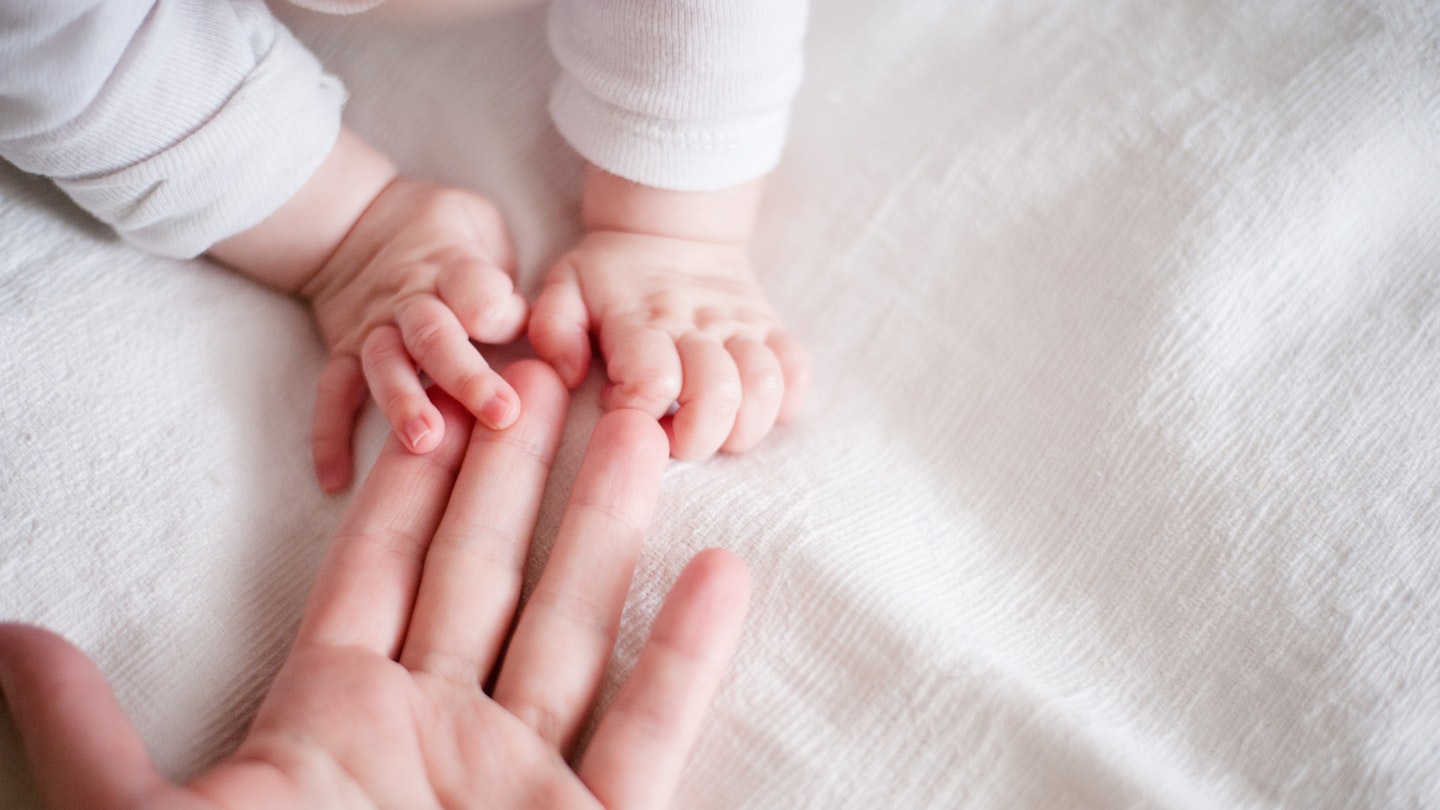When my daughter, Robin, was a newborn a complete stranger crossed the café where I was feeding her to ask me if the contents of the bottle I had in my hand was expressed milk.
'No, it’s formula,' I said.
'Oh,' she said, looking stricken, as if I’d said Bombay Sapphire laced with arsenic. 'There’s a great breastfeeding coach near here, if that would help.'
'No, it would not help. What would help is if you focused on your own children and left me alone.'
Except I didn’t say that because despite being tired, grumpy and knee-deep in muslins and nappies, I didn’t want to hurt this nosy stranger's feelings.
I stopped breastfeeding Robin when she was ten-days-old. I couldn’t hack the bleeding nipples, soaked bedsheets from constant leaking, one boob vast and swollen, the other like a squeezed teabag. Not to mention the agony of latching. I imagine piercing my own nipple with the rusty spoke from a vintage bicycle would be less painful.
Then there was the never knowing how much Robin had drunk.
Mentally, I was adrift – totally unprepared for the reality of parenthood. As it dawned on me that I was an actual life-source, at the beck-and-call of someone who was awake at all hours, needing things from me, vague fear crystallised into a sharp white-knuckle terror.
I would also express milk in a bid to coax both breasts into a reliable rhythm and keep supply up. Expressing also meant I didn’t have to guess at how much Robin drank.
But the mechanical whine of that pump was the soundtrack to some bleak moments in which I just sat there, feeling like a dairy cow. Often my nipples bled while I expressed and the contents of the milk collection bottle streaked with red, so I’d have to bin it anyway.
The stress came home to roost and I lost my appetite. My milk became watery and lacking nutrients. Everything felt hopeless.
According to Public Health England’s 2017-2018 data, the number of women in England still breastfeeding six to eight weeks after giving birth is in decline. The UK has some of the lowest rates of breastfeeding globally, which is attributed to cuts in public health funding, lack of education, shame about breastfeeding in public and a general absence of support.
The World Health Organisation recommends that babies should be exclusively breastfeed until six months, and that there are benefits for supplementary breastfeeding until the age of two.
But my problem wasn't a lack of information, or a lack of support. I was informed about the benefits of breastfeeding and offered all sorts of suggestions about how to keep doing it. No one – friends, midwives, the internet - never shut up about it.
But for me it all felt like too much in days that were already heavy with worry, sleeplessness and uncertainty.
‘I can’t do this,’ I cried one night to my mum. ‘I hate it. I’m sick of thinking about milk and milk quality and milk quantity and breasts and nipples and nipple pads and nipple balm and nursing bras! I don’t want to do it!’
‘So don’t do it,' said my mother. 'No one should get into a state like this.’
My husband was promptly dispatched to buy the first of many boxes of Aptamil.
Once we started using formula, everything changed for the better. I felt back in the driver’s seat and I don’t think there’s any shame in admitting that you crave a sense of control after giving birth to your first baby.
In fact, I don’t feel shame about any aspect of my decision to hit the (formula) bottle – despite the best efforts of a number of lactivists, besides the stranger in the café.
While I was blown away by how caring the NHS midwives were who came to see me after Robin was born, but their non-negotiable breastfeeding agenda was terrifying. It didn’t surprise me to read that the Royal College of Midwives have updated their advice, telling midwives that a woman’s choice to bottle feed must be respected.
This memo has probably not reached the acquaintance of mine, who when I confided in her about my struggle with breastfeeding, took my hands in hers.
‘Martha,’ she said, gravely. ‘Look at me.’
Dutifully I looked at her.
‘You must carry on breastfeeding Robin,’ she said. ‘I cannot stress how important this is for her health. Think about what Robin needs.’
But I did think about Robin needs. She needs a mother who doesn’t spend all day crying and expressing milk streaked with blood. She needs to go to sleep with a full stomach.
Formula made Robin full and saved my sanity. I still hold anger towards those who tried to make me feel that breastfeeding was the only option of any caring mother. That pressure and judgement when I was vulnerable and emotional was unacceptable.
And, look, I get it. There’s a heap of benefits for those who find breastfeeding easy (or possible) – and I applaud anyone who has made it work. It’s a good thing, no doubt.
But what is also a good thing is a mother being happy and a baby being full. What’s a really good thing is, in an age where women’s choices are constantly under threat, if we can support women in whatever way they choose to feed their babies.
Grazia Feminist Quotes From Fiction
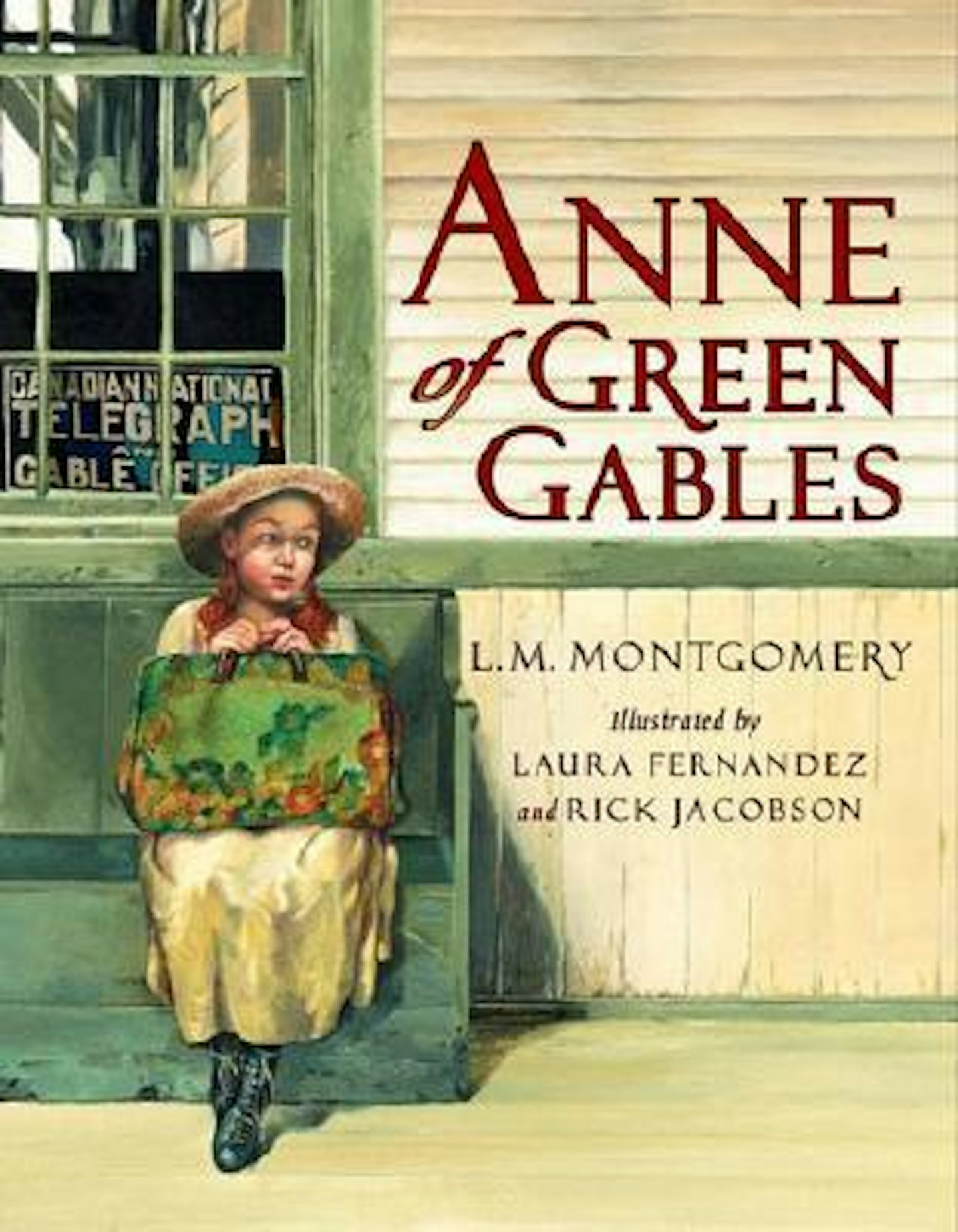 1 of 11
1 of 11‘When you are imagining, you might as well imagine something worthwhile.’
Anne of Green Gables by Lucy Maud Montgomery
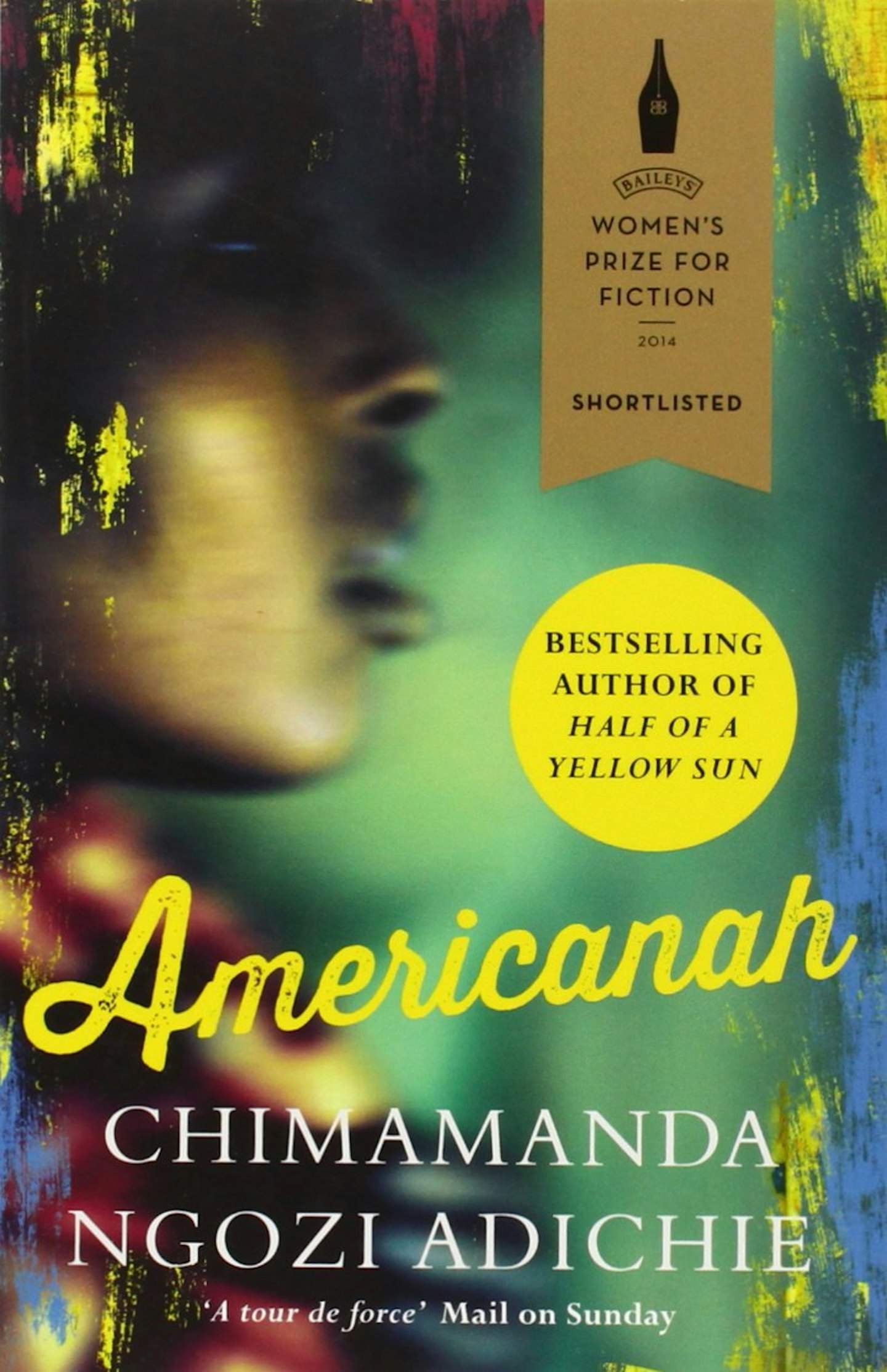 2 of 11
2 of 11‘If you don't understand, ask questions. If you're uncomfortable about asking questions, say you are uncomfortable about asking questions and then ask anyway. It's easy to tell when a question is coming from a good place. Then listen some more. Sometimes people just want to feel heard. Here's to possibilities of friendship and connection and understanding.’
Americanah by Chimamanda Ngozi Adichie
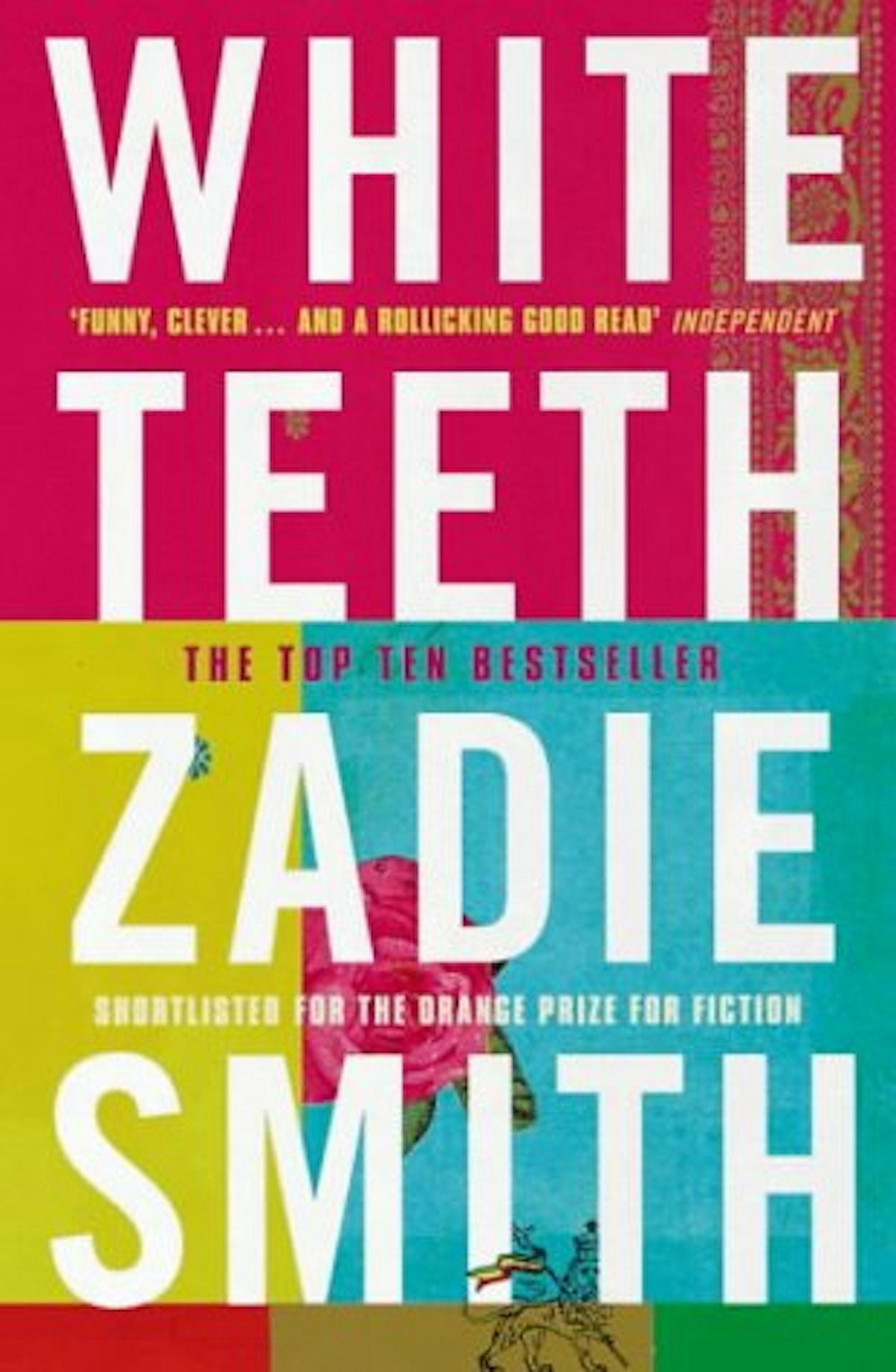 3 of 11
3 of 11‘She wore her sexuality with an older woman's ease, and not like an awkward purse, never knowing how to hold it, where to hang it, or when to just put it down.’
White Teeth by Zadie Smith
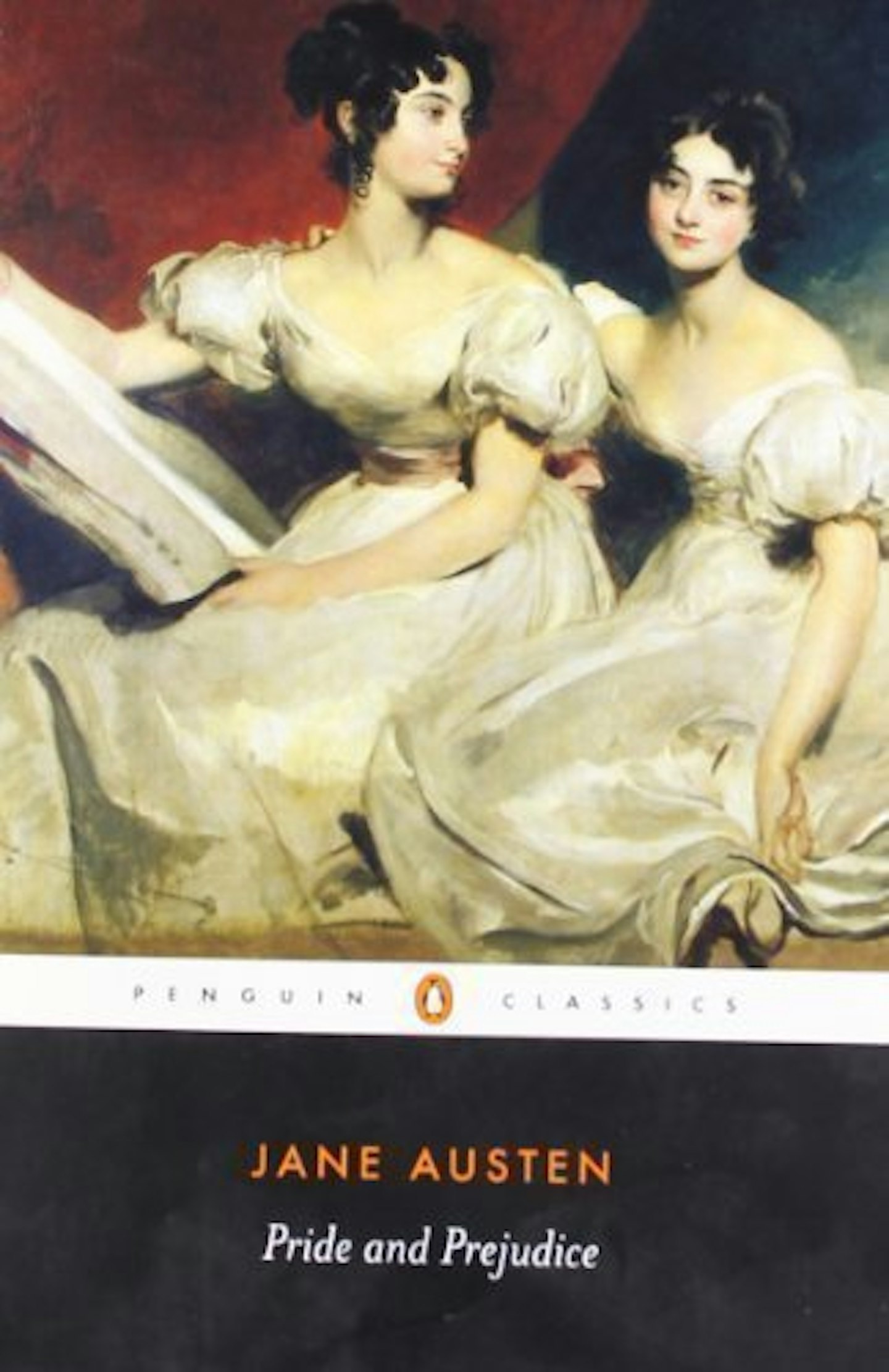 4 of 11
4 of 11‘There is a stubbornness about me that never can bear to be frightened at the will of others. My courage always rises at every attempt to intimidate me.’
Pride and Prejudice by Jane Austen
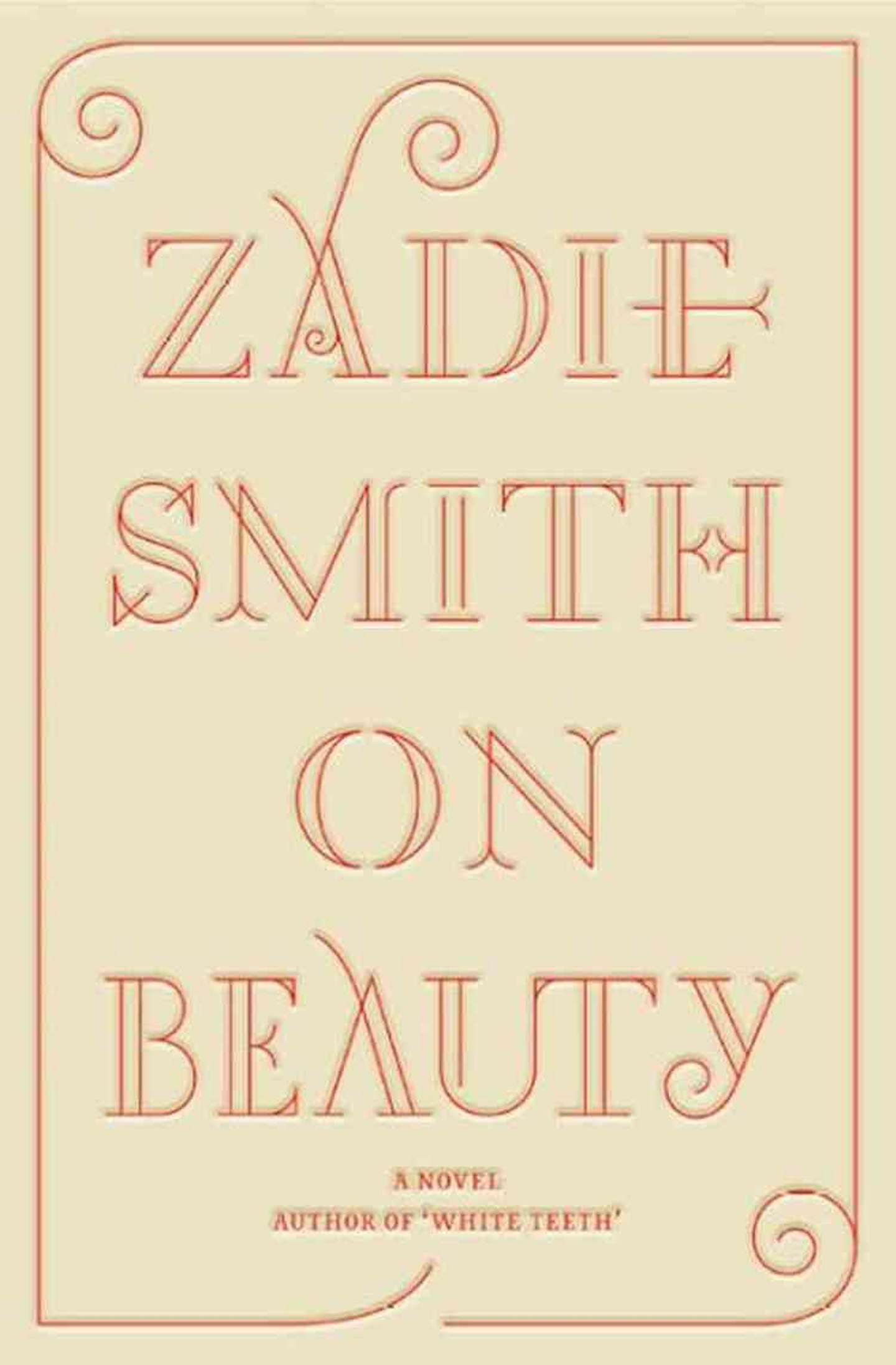 5 of 11
5 of 11‘I don't ask myself what did I live for, said Carlene strongly. That is a man's question. I ask whom did I live for.’
On Beauty by Zadie Smith
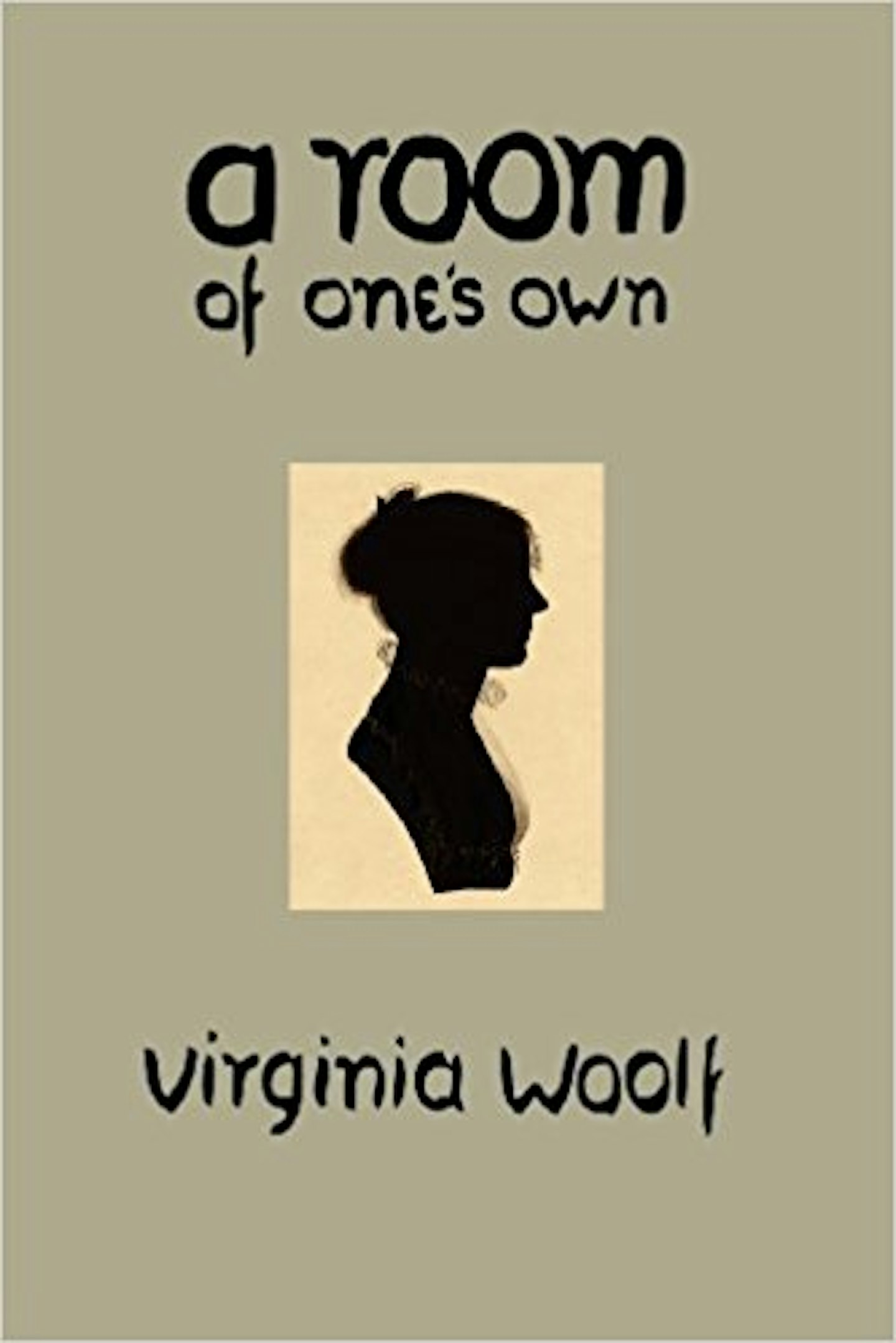 6 of 11
6 of 11‘I would venture to guess that Anon, who wrote so many poems without signing them, was often a woman.’
A Room of One's Own by Virginia Woolf
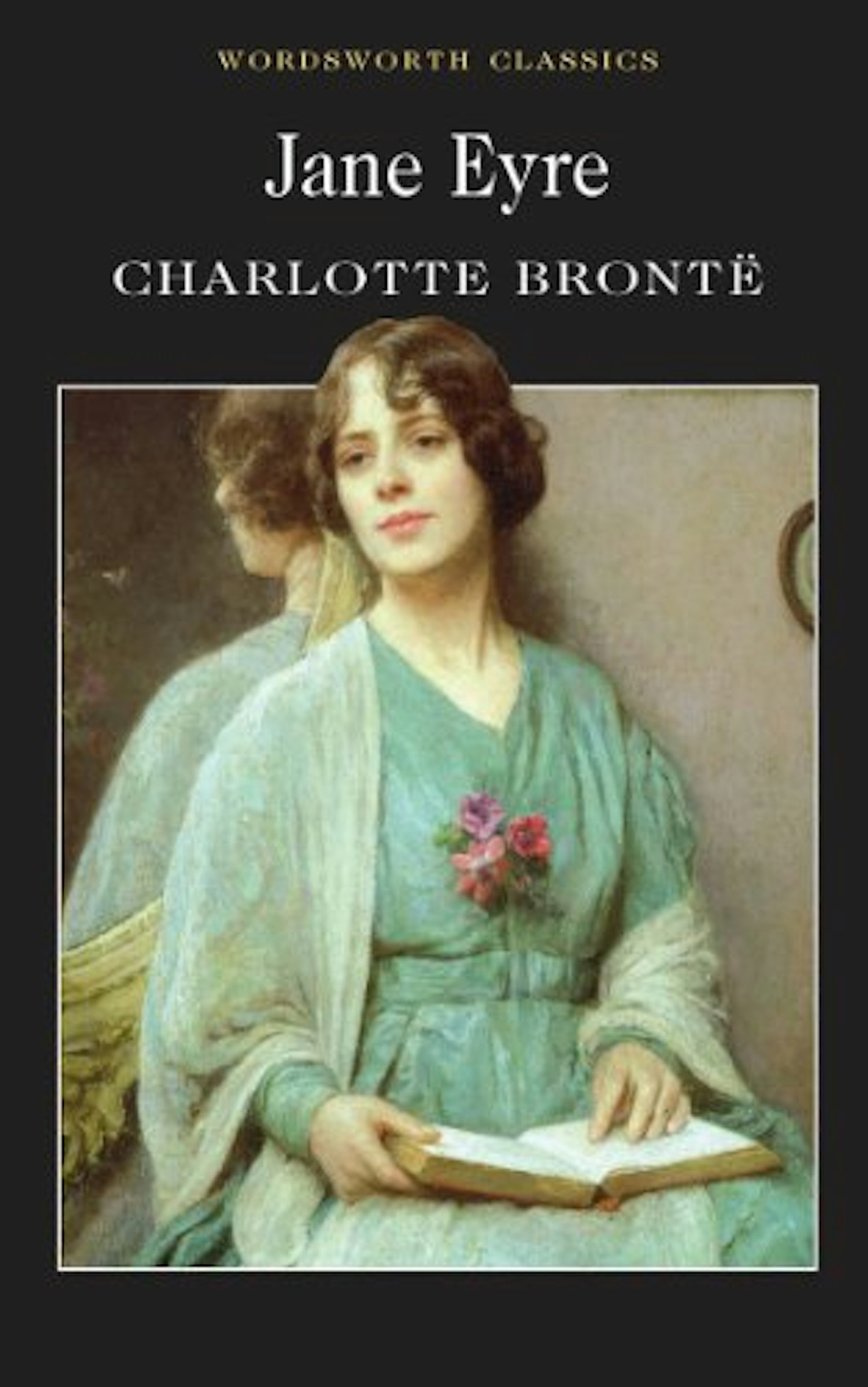 7 of 11
7 of 11‘I am no bird; and no net ensnares me: I am a free human being with an independent will.’
Charlotte Brontë by Jane Eyre
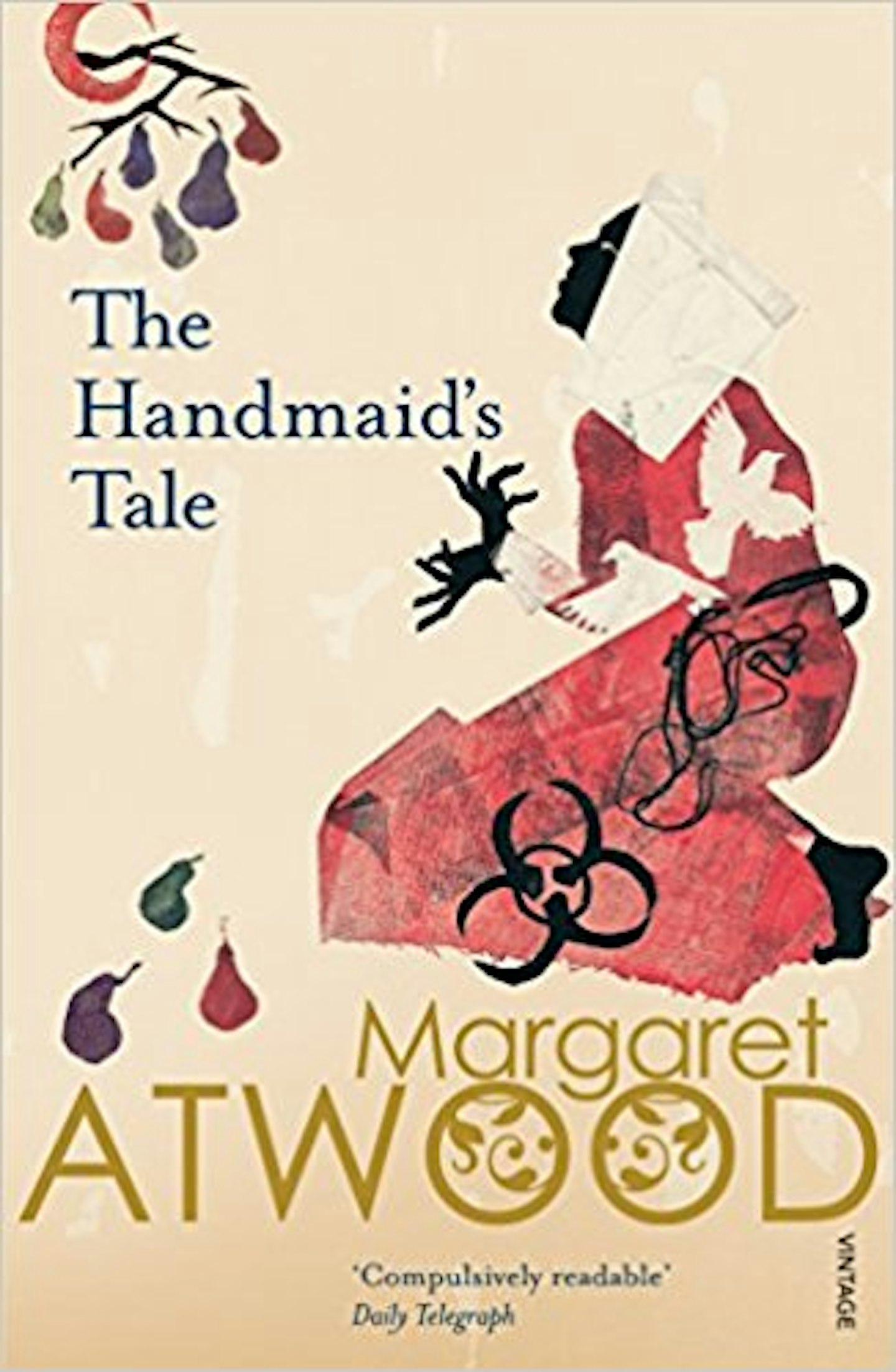 8 of 11
8 of 11‘Don't let the bastards grind you down.’
The Handmaid's Tale by Margaret Atwood
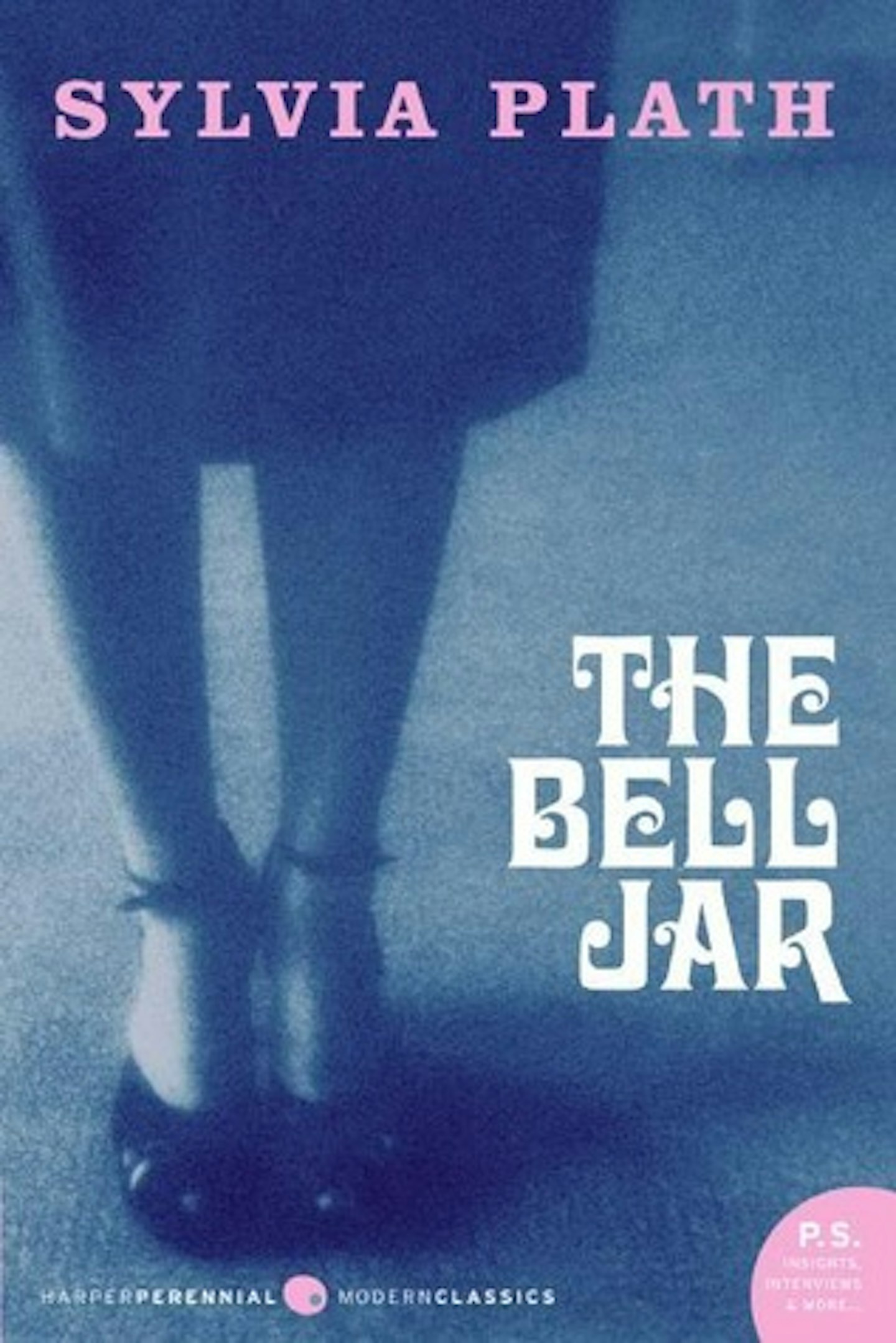 9 of 11
9 of 11‘The last thing I wanted was infinite security and to be the place an arrow shoots off from. I wanted change and excitement and to shoot off in all directions myself, like the colored arrows from a Fourth of July rocket.’
The Bell Jar by Sylvia Plath
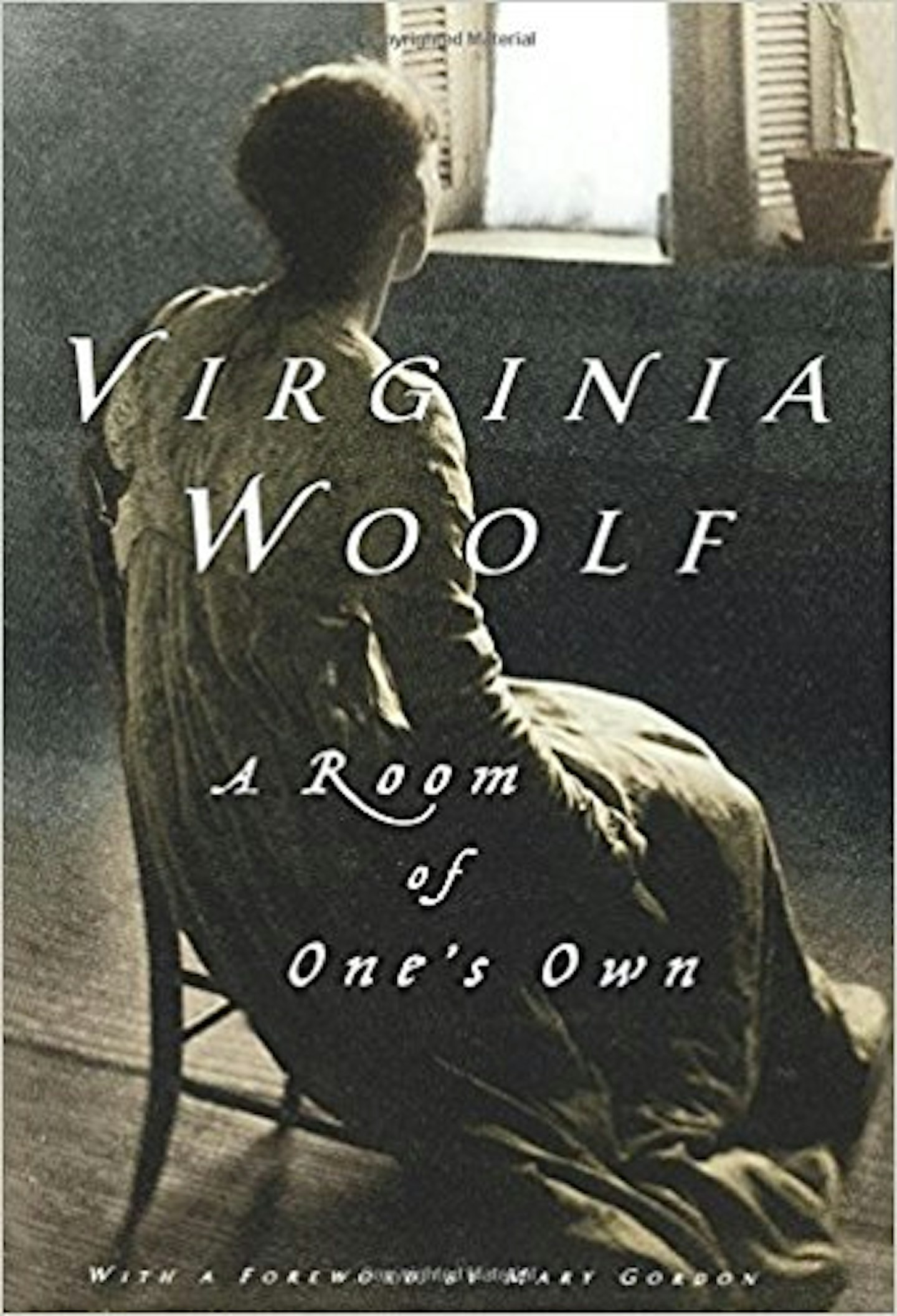 10 of 11
10 of 11‘Lock up your libraries if you like, but there is no gate, no lock, no bolt you can set upon the freedom of my mind.’
A Room of One's Own by Virginia Woolf
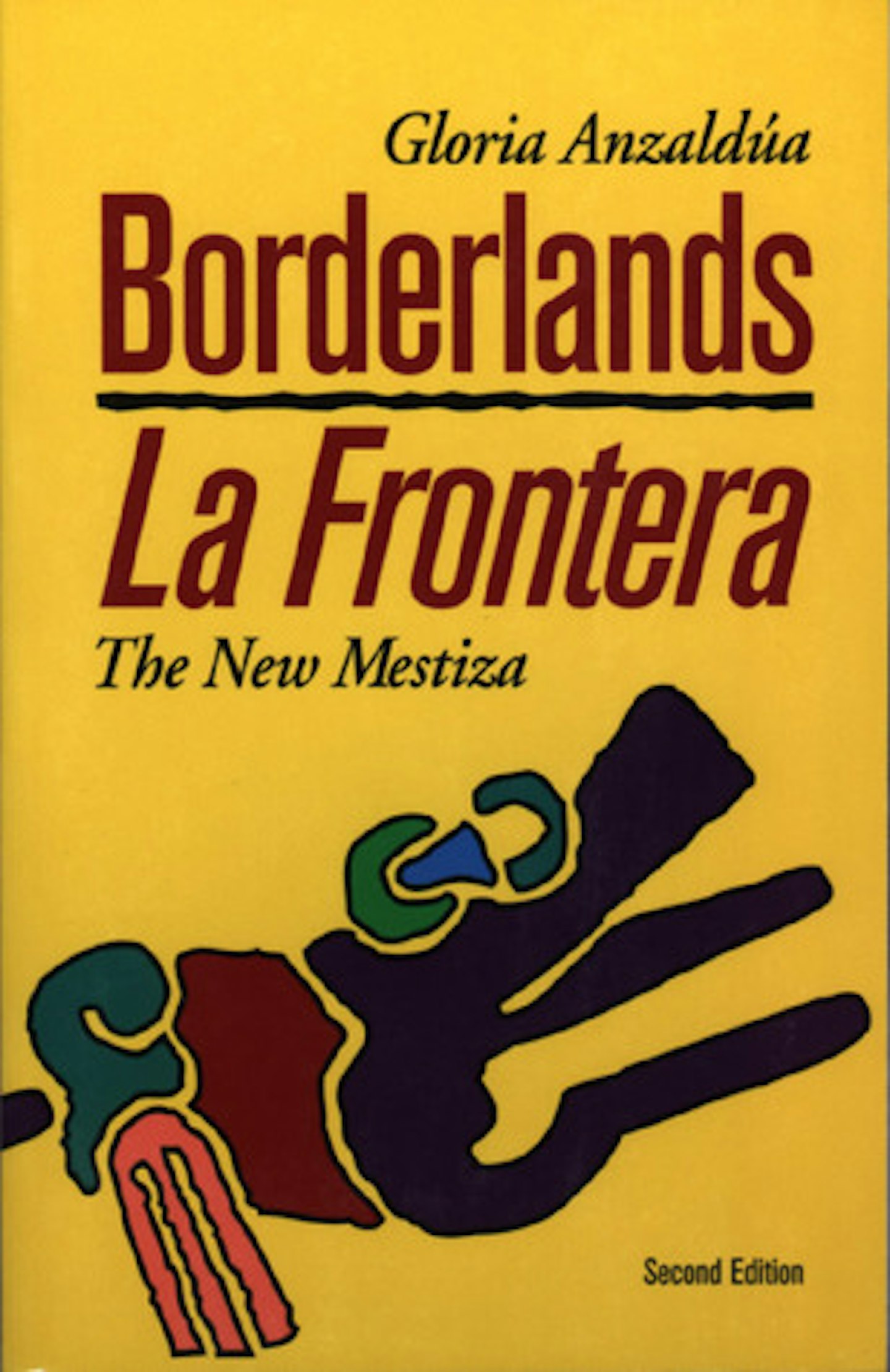 11 of 11
11 of 11‘When you are imagining, you might as well imagine something worthwhile.’
Borderlands La Frontera by Gloria E. Anzaldua
